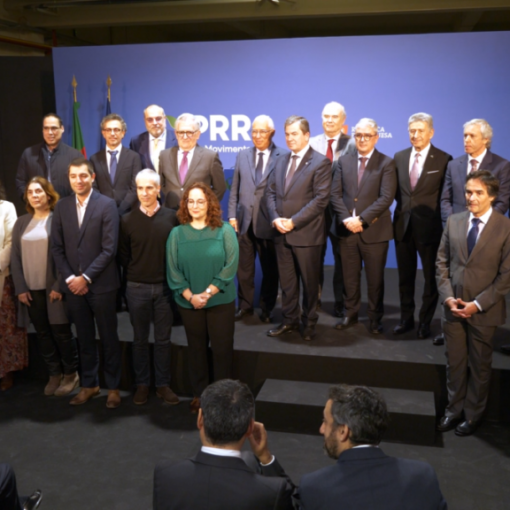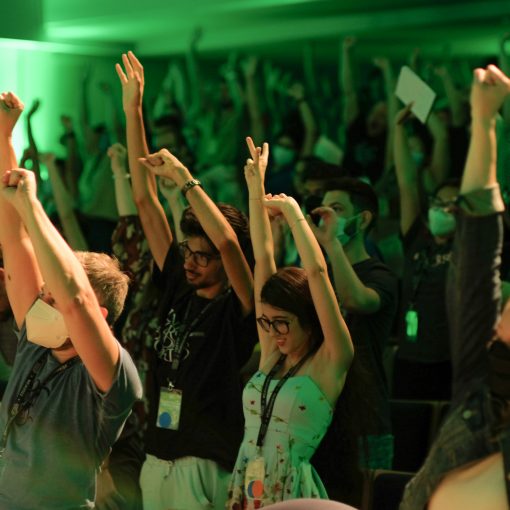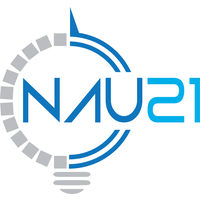Three projects linked to the University of Minho were distinguished on 21 July, under the “CaixaResearch Health Research Competition 2021”, with grants between 500 thousand euros and one million euros for the next three years.
One of these three projects is led by Joana Azeredo, professor of the Department of Biological Engineering and researcher at the Centre of Biological Engineering of the School of Engineering of the University of Minho. Joana Azeredo’s team received a grant worth 500,000 euros to search for treatments based on synthetic viruses, so that they attack bacterial infections without compromising human health. Antibiotic resistance is a public health problem. In nature, bacteria have their own enemies, the bacteriophages. These viruses specifically infect bacteria and can be used in therapy to fight infectious diseases. The project also involves the ICVS, under the coordination of Jorge Pedrosa.
Promoted by the “la Caixa” Foundation, the competition is the only one of its kind to support Iberian biomedical research and has considerable funding. This year it distinguishes 30 projects, 12 of them in Portugal, 7 of which are co-financed by the Foundation for Science and Technology (FCT), as is the case of Joana Azeredo. The current edition had 644 applications. This annual competition was born in 2018 and has already awarded €72 million to 105 projects of excellence in basic, clinical and translational research in the neurosciences and cardiovascular, infectious and oncological diseases.
The awarded projects linked to UMinho affirm the innovation, quality and impact of this academy.
Joana Azeredo and Jorge Pedrosa have been working with “good viruses” for several years. Yes, there are also good viruses that can respond to emerging public health problems – namely, in this project, exploring the potential of viruses to treat bacterial infections. In fact, infections caused by bacteria resistant to all known antibiotics are increasingly a problem faced by clinicians, even in hospitals in countries with more resources, and it is estimated that by 2050 more than 10 million people could die worldwide due to infections by multi-resistant bacteria.
From viruses that infect bacteria, and that are their natural predators – phages – the CEB and ICVS team will try to create a synthetic platform that aims to produce safer and more effective genetically modified phages, targeted to treat specific infections of each patient, in a personalized way. Also part of the project team are Miguel Rocha (CEB), Óscar Dias (CEB), Hugo Oliveira (CEB), Priscila Pires (CEB), Sílvio Santos (CEB), Ivone Martins (CEB), Luís Melo(CEB), Ana Oliveira (CEB) and Alexandra Fraga (ICVS).
Phages (short for bacteriophages) are the viruses of bacteria and in nature play a very important role in controlling bacterial populations. This characteristic can be used to the benefit of humanity to develop innovative and natural antibacterial therapies that can replace or complement the use of antibiotics in the treatment of infectious diseases.
Researchers will thus find solutions for infections that remain unanswered by antibiotics.
Video of the project here
More information about the distinguished UMinho projects can be seen at UMinho’s website.



